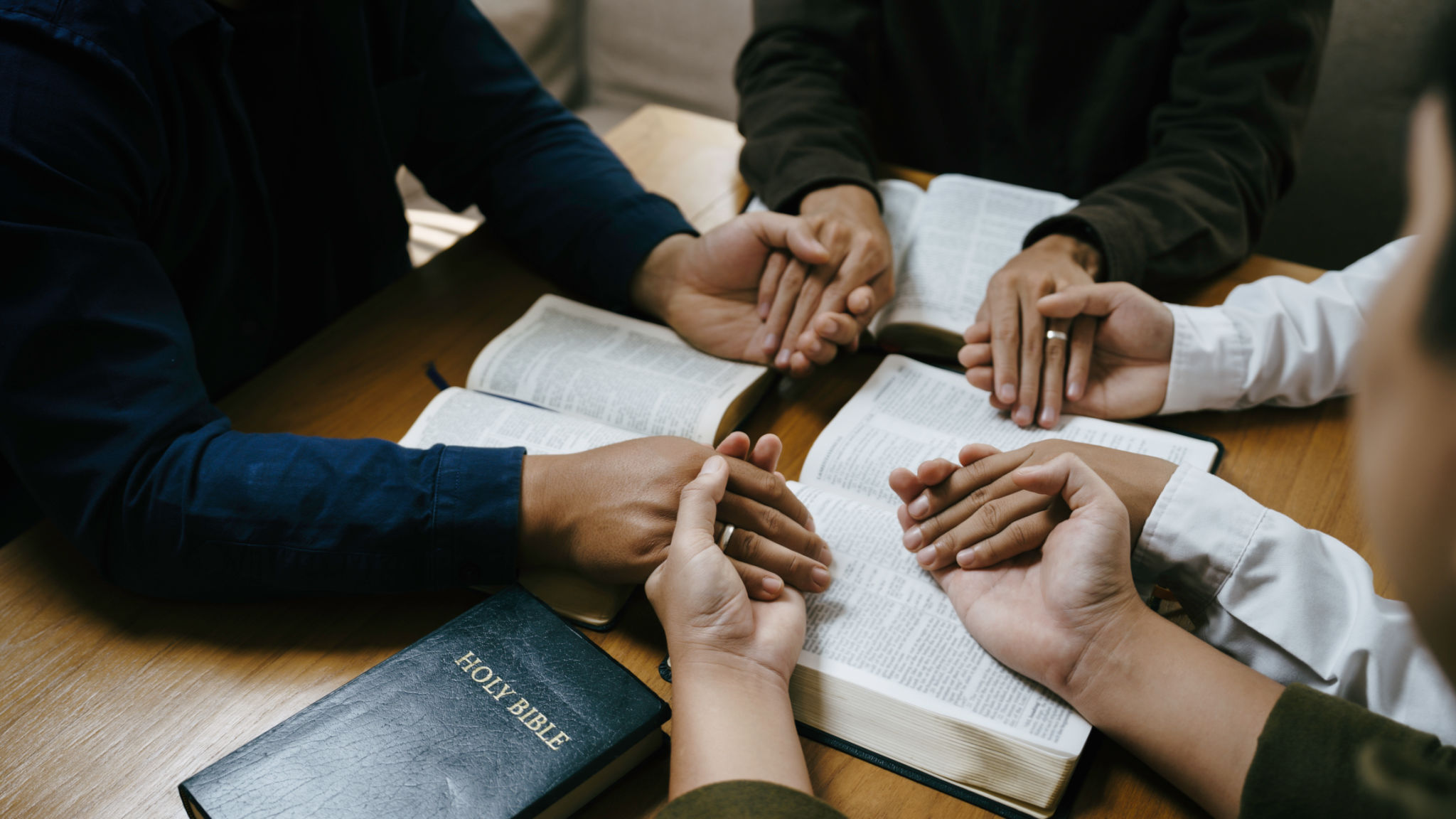Exploring the Role of Faith in Marriage Counseling
Understanding the Intersection of Faith and Marriage Counseling
Marriage counseling is a crucial tool for couples seeking to strengthen their relationships and navigate the challenges that arise over time. When faith is part of the equation, it can add a profound dimension to the counseling process. Faith-based marriage counseling incorporates spiritual beliefs and principles, offering couples a unique pathway to healing and growth.
For many couples, their faith is a central component of their lives, influencing their values, decisions, and interactions with one another. In marriage counseling, integrating faith can foster deeper understanding and empathy between partners, providing a shared framework from which to address issues.

The Benefits of Incorporating Faith in Counseling
Utilizing faith in marriage counseling offers several benefits that can enhance the therapeutic experience. One major advantage is the reinforcement of shared values, which can serve as a common ground for resolving conflicts. Couples who share a strong faith often have similar moral compasses, allowing them to approach problems with a unified perspective.
Moreover, faith can act as a source of strength and hope during difficult times. Couples may find comfort in their spiritual beliefs, using them as a foundation to build resilience and patience. This spiritual support can be pivotal in helping couples overcome obstacles and maintain a positive outlook on their relationship's future.

Faith-Based Counseling Techniques
Faith-based marriage counselors employ various techniques that integrate spiritual practices into traditional therapeutic methods. These may include prayer, scripture study, and reflection on religious teachings. Such practices can help couples connect more deeply with each other and their spirituality.
Counselors might also encourage couples to participate in activities that reinforce their faith, such as attending religious services together or engaging in community service. These activities not only strengthen the couple's bond but also foster a sense of belonging within their religious community.
Challenges and Considerations
While faith-based marriage counseling offers many benefits, it also comes with its own set of challenges. One potential issue is differing levels of devotion or belief between partners. When one partner is more religious than the other, it can create tension or misunderstandings during counseling sessions.
Counselors must be adept at navigating these differences, ensuring that both partners feel respected and heard. It's essential for the counselor to create a safe space where each individual can express their beliefs without fear of judgment or pressure to conform.

Finding the Right Counselor
Choosing the right counselor is crucial for effective faith-based marriage counseling. Couples should seek out professionals who are not only skilled in traditional therapeutic techniques but also knowledgeable about their specific religious beliefs and practices.
It’s important for couples to feel comfortable with their counselor's approach and confident in their ability to incorporate faith into the healing process. Open communication about expectations and goals is key to establishing a successful counseling relationship.
Conclusion: Embracing Faith as a Healing Tool
The role of faith in marriage counseling can be transformative, providing couples with a powerful tool for healing and growth. By integrating spiritual beliefs into the counseling process, couples can deepen their connection, resolve conflicts more effectively, and build a resilient partnership grounded in shared values.
Ultimately, embracing faith in marriage counseling offers an opportunity for couples to not only address immediate challenges but also to enrich their relationship for years to come. With the guidance of a skilled counselor, faith can become an enduring source of strength and unity.